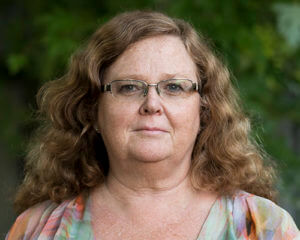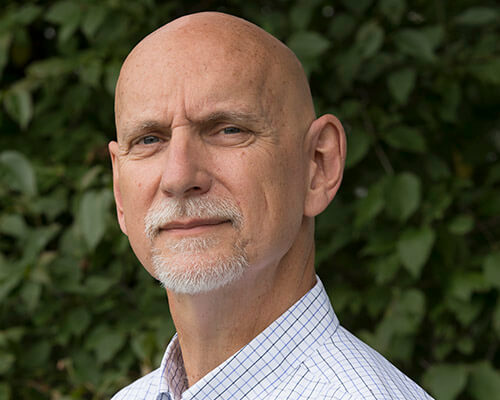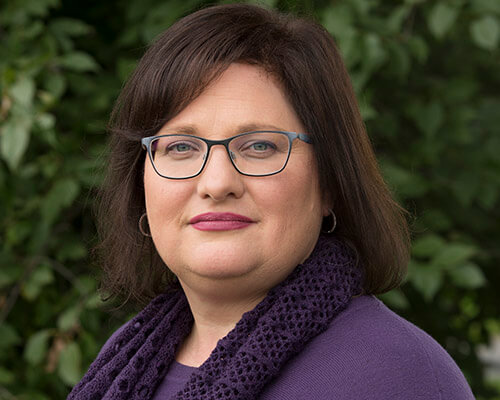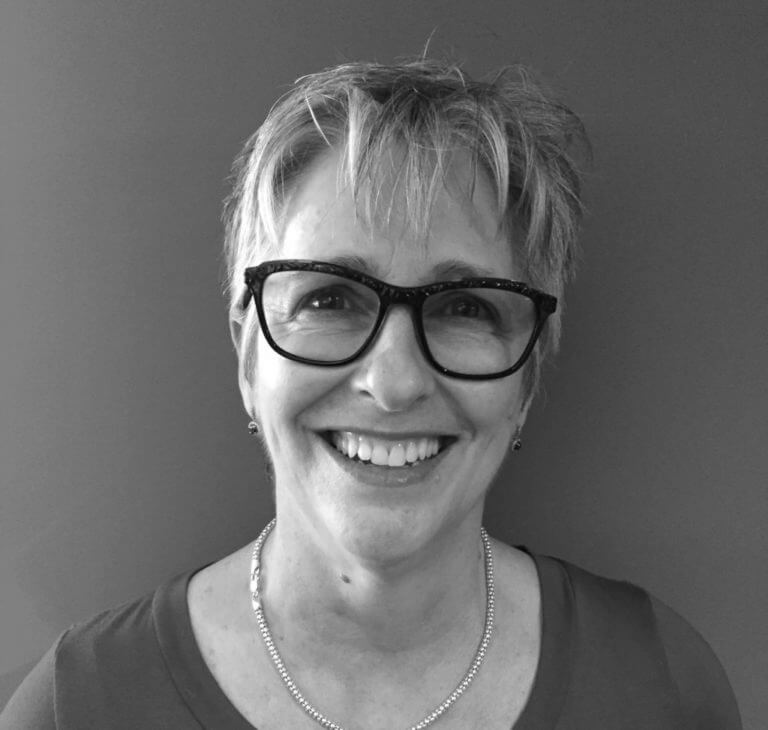Peter
My journey began two years before my official diagnosis on July 6, 2017. I was just 53.
I had been working at the same job I loved for 25 plus years. I had noticed over time that I was having difficulty with small things like remembering a person’s name, or activity that I had just been doing and wouldn’t recall going back to. I would often misplace items and forget how to do familiar tasks, ones I used to do everyday. My memory and recall abilities were getting progressively worse. I could no longer multi-task; something didn’t feel right.
I decided to see my doctor about my concerns. I let him know about my symptoms, all of them. He noted that I was under a great deal of stress and thought I could be dealing with depression. I asked him if it could be Alzheimer’s and he said it was just a sign of me getting older. After all, I was 52! I’m too young to be going through this, so I left with that and he sent me home with some anti-depressants.
Six months went by and nothing improved. I went back and asked for a cognitive assessment. It was done right there in his office. Results showed a lower score than “normal” but nothing too concerning. So, I left, and months later I returned for a second assessment and scored an alarming 13 out of 30. My doctor then referred me to a specialist and put me off work to ensure I was getting help immediately. I thanked him for this!
Over the next few months I had several tests done, scans, blood work and a referral to another specialist. Finally, I was told I had Young Onset Dementia. The specialist explained to me that this happens in people my age and even younger. I thought it was only people in their 70’s, 80’s and older. She explained to me that younger people are being diagnosed now more than ever because knowledge and awareness of the disease has greatly improved. Sometimes people even wait years to seek help due to fear, nervousness, work concerns, financial worries–and that’s just to mention a few.
Hope and a lifeline were sent my way via the Alzheimer Society Sudbury-Manitoulin North Bay & Districts. My wife and I met with a First Link Care Navigator. She answered our questions, calmed our concerns, set up contacts with others and local resources that both the caregiver, “my wife,” and I will need now and in the future. Our First Link contact met with us regularly, did home visits, listened to us and gave us great advice. Thanks to the advice, we have become involved in other Society programs like their Coffee Club and support groups where we can discuss with others who are going through a similar journey with dementia. My wife and I also signed up for the Society’s Minds in Motion program that offers exercise and mind-stimulating activities to keep us both active and moving. All of these things helped!
Recently my wife and I moved from our two-storey home to a retirement community in a neighbouring town. Alzheimer’s disease has now affected my walking, making it too difficult to go up and down the stairs at our home. I had trouble shovelling snow, cutting the grass and doing other household chores. Now we live in an apartment where it is more suited to my current needs and abilities. I have made friends and I’m more social participating in activities. Its been an adjustment, but so far so good!
My journey continues. My story is still being written! I believe a cure will be found, perhaps not in my lifetime but for those coming after me.
Media

HERE ARE MY TIPS TO HELP YOU UNDERSTAND:
- Dementia is not a disease of the “old.” It doesn’t discriminate in age.
- Learn as much as you can about dementia and its warning signs. Getting a diagnosis is so important so you know what you’re dealing with and can take advantage of the support and resources you need to help you live as best as possible.
- Continued education of the public is key to understanding and lessening the stigma of dementia.
- Education helps increase the support needed by people living with dementia and their families.
-
More Stories
-

Jane
2019
Ontario
-

Keith
2019
Ontario
-

Robin
2019
Ontario
-

Shelley
2018
Ontario

Comments
We may use your information in order to track your relationship with us and our site(s). We do NOT share your information with third parties.